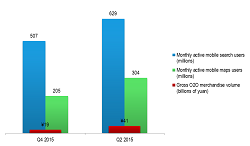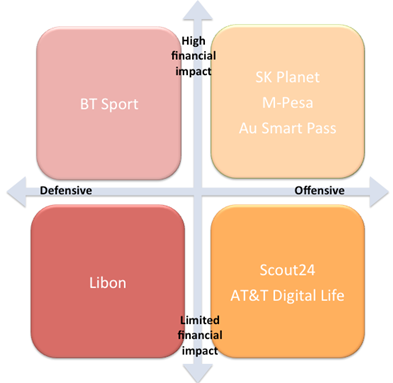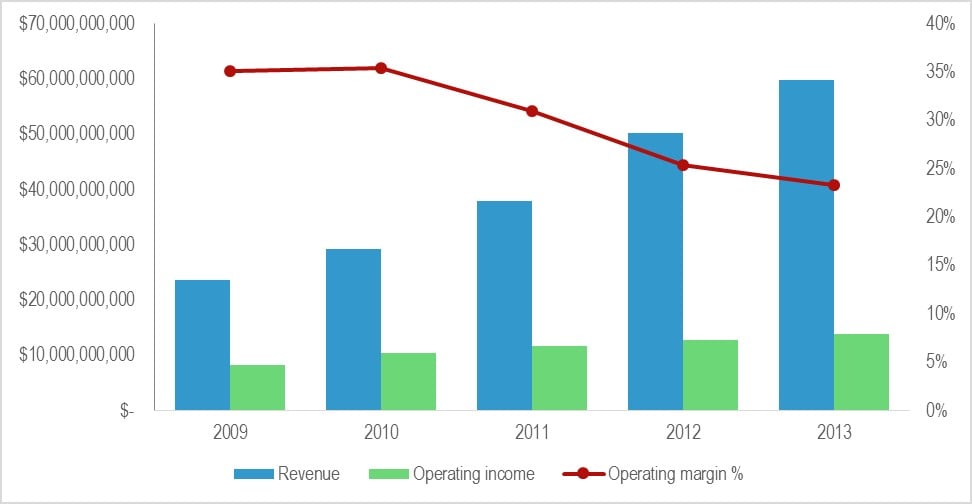
Can Telcos Entertain You? Vodafone and MTN’s Emerging Market Strategies (Part 2)
The spread of 3G and 4G mobile networks in Africa and developing Asia, together with the growing adoption of low cost smartphones, is helping Facebook, YouTube, Netflix and other global online entertainment platforms gain traction in emerging markets. But some major international telcos, such as Vodafone and MTN, also have well-established and multi-faceted online entertainment offerings in Africa and developing Asia. How robust are these telcos’ entertainment services? Can they fend off the mounting challenge from global Internet players? What is working for Vodafone India and MTN and what needs a rethink?










